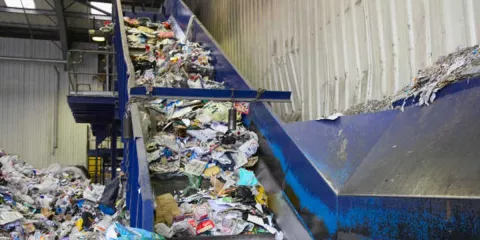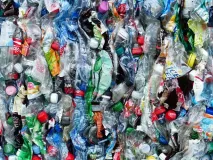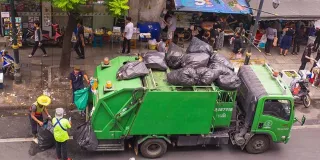
The Niti Aayog's Best Practices in Municipal Solid Waste Management report recently appreciated the urban local bodies of Dhenkanal, Keonjhar, and Paradip. Niti Aayog appreciated the community's involvement through self-help groups (SHGs) in Dhenkanal, which turned waste centres into wealth centres, as well as Keonjhar's adoption of innovative technology and Paradip's involvement of women and transgender groups in waste management.
For the category of technological innovation, the Keonjhargarh Municipality was recognised as a leader in best practices in municipal solid waste management. This publication was co-authored by the NITI Aayog and the Centre for Science and Environment (CSE), and it features best practices in waste management from 28 cities across 15 states.
Keonjhar collector Ashish Thakare said that NITI Aayog has recognised our municipality alongside Paradip and Dhenkanal based on innovative technology for solid waste management.
Keonjhar district generates about 26.5 tonnes of waste per day (400 grams per person) according to official sources. Biodegradable waste accounts for 60% of total waste, while non-biodegradable waste accounts for 40%. Plastic accounts for 15%, paper for 8.5%, glass for 18%, domestic and sanitary waste for 28%, and non-recyclables for the remaining 30.5%.
NITI Aayog is evolving into a cutting-edge resource centre with the necessary knowledge and skills to act quickly, promote research and innovation, provide the government with a strategic policy vision, and deal with unforeseen issues. Two attached offices Atal Innovation Mission (AIM) and Development Monitoring and Evaluation Organisation (DMEO) as well as an autonomous body, the National Institute of Labour Economics Research and Development (NILERD) support it.



